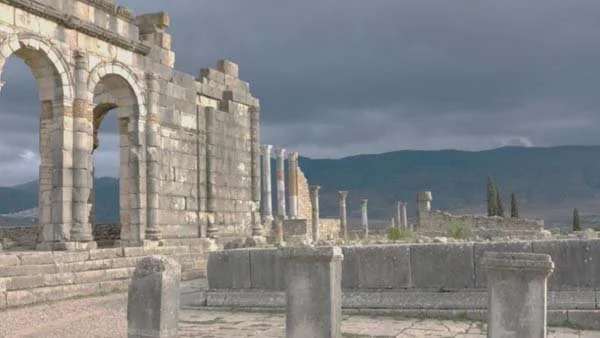By Erin Byrne
As a young man, Paul Cézanne painted directly upon the walls of the oval-shaped salon in Jas de Bouffan, the house where he grew up in Aix-en-Provence, between tall windows, allegories of the four seasons, landscapes of Aix, to gain the attention of his father. This was written on my visit there, after a series of slides were projected upon the walls.
Sitting in the dark salon, its white walls eerily empty, I thought of Paul’s attempts to touch his father.
Rainer Maria Rilke wrote about Paul’s last years, He was shabbily dressed, and children pelted him with stones as if he were some stray dog...
He may have felt like a stray, after so many years of presenting himself here at his home.
For it is a risk to try to be seen.
If a child is unacknowledged by his parent, the word that can imprint itself upon his soul is “Failure.” Attempts to earn a parent’s embrace become addictive: This effort leads to that, each more extreme, as one season became two, became three, became four.
When he was alive, neither his family nor his hometown had wanted Cézanne, but now there are hundreds of bronze “Cs” embedded in its sidewalks, and his atelier is preserved just as he left it.
As I took one last look at the walls of the salon that he painted with the eagerness of youth, I saw how it had become Paul Cézanne’s own private Salon des Refusés. His sharp angles had said, “make room for me,” his intense colors had whispered, “value me,” and with bold brushstrokes he had begged, “love me.”
As I left, I wondered what would have become of the man Picasso called “the father of us all” if the world had been just a little more gentle with him.














































































